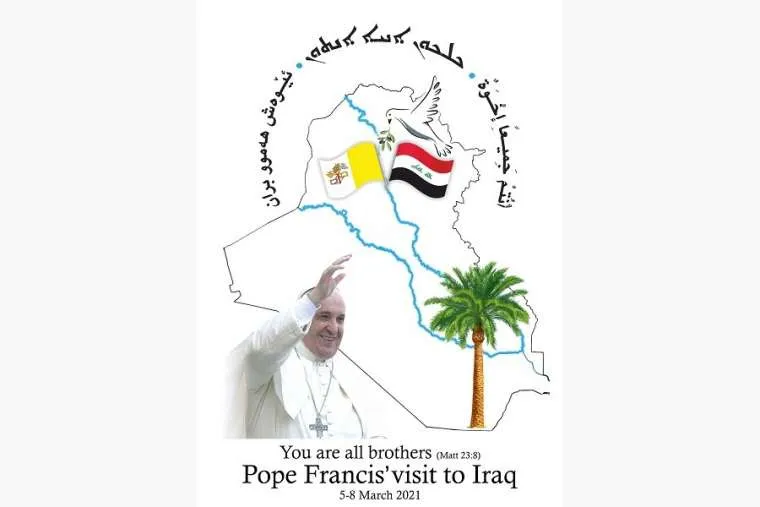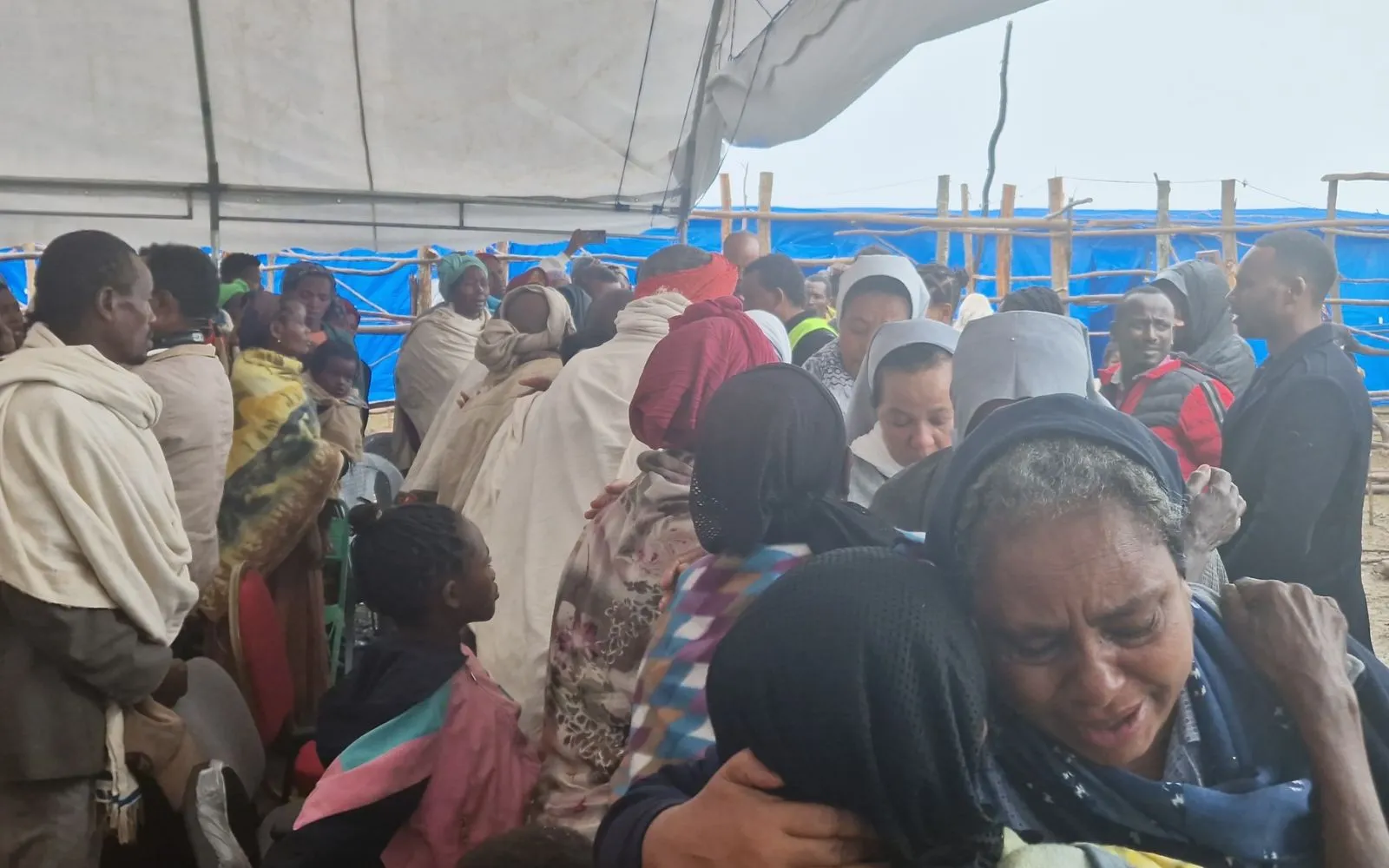
Meeting with Shiite Cleric in Najaf
On his second day in Iraq, Pope Francis will travel on Iraqi Airways to Najaf to meet with Ali al-Sistani, an influential leader of Shiite Muslims in Iraq.
Najaf is considered one of the most sacred pilgrimage sites in Shiite Islam, after only Mecca and Medina. It is the burial place of Imam Ali ibn Abi Talib, the son-in-law of Muhammad and the first Shiite imam. The question of Ali’s right to the caliphate resulted in the major schism between Sunni and Shiite Muslims.
Not far from Najaf is the tomb of the prophet Ezekiel in Al Kifl, where the historic Jewish synagogue at the site is now contained within a newly built Shiite mosque.
(Story continues below)
Interreligious Meeting in the Plain of Ur
Pope Francis will then travel to the plain of Ur in southern Iraq, which the Bible records as the birthplace of Abraham. The archaeological site at Ur, excavated in the 20th century, includes a Mesopotamian ziggurat and ancient complex of houses.
The pope plans to give a speech at an interreligious gathering in Ur because of the importance of Abraham for all three major monotheistic religions. In Judaism, Abraham is revered as the first patriarch of the Jewish people. Muslims believe that Muhammad is a descendent of Abraham’s son Ishmael.
Chaldean Cathedral of St. Joseph in Baghdad
Pope Francis will end the day with Mass at the Chaldean Catholic Cathedral of St. Joseph, upon his return to Baghdad. The cathedral, called Mar Yousef, was built in the 1950s. It was recently restored by Chaldean Patriarch Louis Raphaël Sako.
The Chaldeans are one of several Eastern Catholic communities found in Iraq. Tracing back their history to the early Christians through their connection with the Church of the East, Chaldeans made up two-thirds of Iraqi Christians before the population was diminished by Islamic State violence. Other Eastern Rite communities in Iraq include Syriac Catholics, Armenian Catholics, and Melkite Greek Catholics.
Sunday, March 7: Mosul and the Nineveh Plains
Memorial in Mosul
Pope Francis will spend his final full day in Iraq in the northern Nineveh Plains, where the Islamic State carried out a genocidal campaign against Christians, Yazidis, and other minority groups after taking Mosul in the summer of 2014.
The pope will be welcomed at the Erbil Airport by the religious and civil authorities of Iraqi Kurdistan before traveling by helicopter to Mosul, where he will pray for the victims of war at Hosh al-Bieaa square.

Immaculate Conception Cathedral in Bakhdida
Pope Francis will then travel by helicopter to visit the local Christian community in Bakhdida, also known as Qaraqosh, at the Syriac Catholic Immaculate Conception Cathedral, where he will pray the Angelus.
The cathedral, also known as Al-Tahira Cathedral, was desecrated and its interior was charred after the Islamic State set it aflame after taking control of the town in 2014. Restoration of the cathedral was recently completed by Aid to the Church in Need. A new Marian statue sculpted by a local Christian artist was placed atop the bell tower in January.
Stadium Mass in Erbil
On his last evening in Iraq, Pope Francis will offer Mass at the Franso Hariri International Stadium in Erbil on March 7. This Mass is expected to be the largest gathering of Iraqi Catholics with the pope during his trip.
Local authorities in Kurdistan have said that 4,500 people have registered for the Mass. A special identification card issued by Erbil’s Catholic University will be required to enter the stadium for the Mass.
Monday, March 8: Travel back from Baghdad to Rome

After a farewell ceremony on Monday morning at the Baghdad International Airport, Pope Francis will fly back to Rome on Alitalia, traveling 1,800 miles in just over five hours. The pope will answer journalists’ questions during a press conference on his return flight.
Chaldean Catholic Archbishop Bashar Warda told CNA that Pope Francis’ upcoming visit to the region could be a turning point for the country’s diminished Christian population.
“It has the potential to change the trajectory of the Christian presence in Iraq from one of a disappearing people to one of a surviving and thriving people,” the Archbishop of Erbil said.
Courtney Mares is a Rome Correspondent for Catholic News Agency. A graduate of Harvard University, she has reported from news bureaus on three continents and was awarded the Gardner Fellowship for her work with North Korean refugees.








